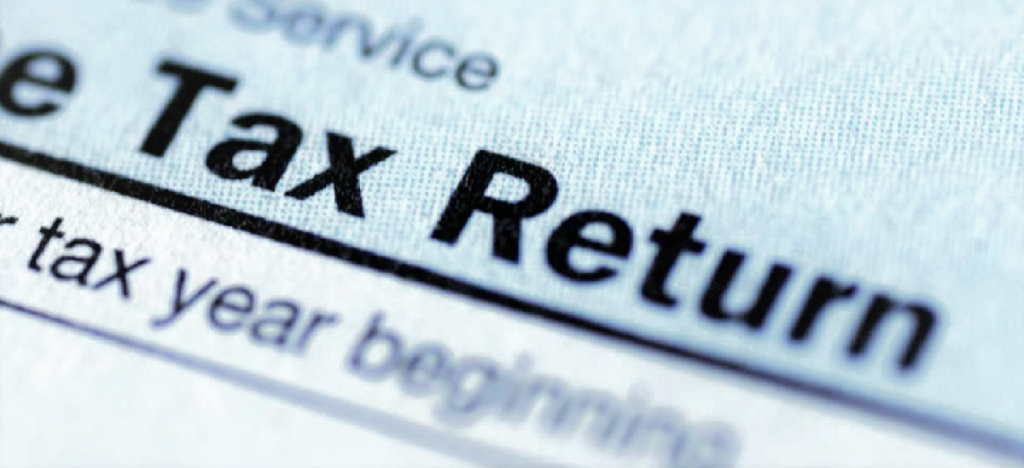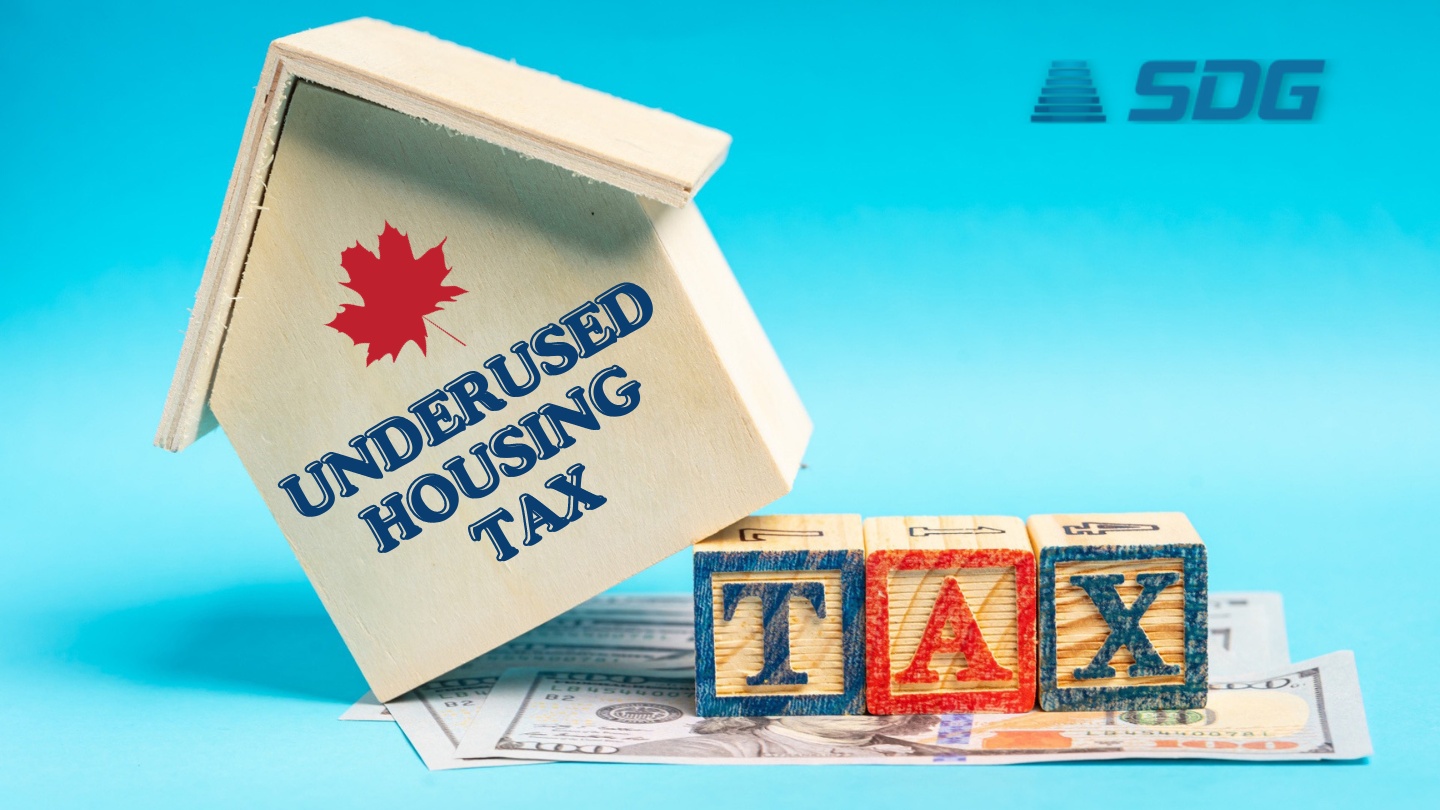
Canadian Tax Return — Do You Know If You Need to File?
Are you required to file a Canadian Tax Return? As per the Government of Canada, for the most part, people living in Canada can determine

At SDG Accountant, we recognize the importance of keeping up with local tax regulations that affect our community. The Underused Housing Tax (UHT) is a federal tax that has been a topic of discussion, and we’re here to help you understand the ins and outs of this tax, its filing deadline, penalties for non-compliance, and the recent updates provided by the Canada Revenue Agency (CRA).
The UHT, introduced under the Underused Housing Tax Act, is an annual 1% tax on certain vacant or underused housing in Canada, applied to properties owned as of December 31 of the relevant calendar year. At SDG Accountant, we understand that navigating the UHT requires a clear understanding of the Act and its implications, especially for residential property owners.

Are you required to file a Canadian Tax Return? As per the Government of Canada, for the most part, people living in Canada can determine
As we approach the filing deadline, it’s crucial to stay on top of your UHT obligations. The CRA has extended the UHT return filing and payment deadline to October 31, 2023, from the usual date of April 30. Failure to meet these obligations can result in significant penalties and interest.
Additionally, late returns can result in penalties amounting to 5% of the UHT for the year, plus an additional 3% for each month the return remains overdue. Interest accrues daily at a rate of 9%, starting from April 30, 2023.
Understanding your status as an “Affected Owner” under the UHT is essential. Affected Owners are registered owners of Canadian residential properties as of December 31. Excluded Owners include Canadian citizens, permanent residents, certain corporations, registered charities, and others. If you fall outside these exclusions, you need to file a return, even if no tax payment is due. Non-compliance can result in penalties, with individuals facing penalties of $5,000 and corporations $10,000.
The definition of “residential property” under the UHT considers factors like the number of residential units and their amenities. The property owner is typically the person registered on the title with the Land Title Survey Authority in BC.
Need to file Underused Housing Tax (UHT) with the Canada Revenue Agency? Discuss your options with us. Book a free 15-minute, no-obligation consultation to get more information about how we can help you with your specific needs.
Start My Tax PrepThe CRA has recently introduced an interactive tool to assist property owners in determining whether they are “affected” or “excluded” residential property owners. While Canadian citizens and permanent residents are generally excluded, there are exceptions. For example, if you hold title as a partner in a partnership or as a trustee for a trust, you may need to file a return. However, the interactive tool does not provide clarity on whether your property qualifies as a “residential property” or your status as an “owner.”
The UHT deadline for the 2022 tax year is October 31, 2023. Regardless of whether tax is payable, parties falling outside the category of excluded owners must file a return to avoid substantial penalties.
In the end, understanding your obligations under the UHT is crucial to ensure compliance and avoid penalties. At SDG Accountant, we are committed to supporting our local Toronto community in navigating tax regulations like the UHT. As the UHT landscape continues to evolve, we encourage you to stay informed and seek professional advice when necessary. Our team of experts in Toronto is here to provide you with valuable insights and assistance tailored to your specific circumstances.
The information is not intended to constitute professional advice and may not be appropriate for a specific individual or fact situation. It is written by the author solely in their personal capacity and cannot be attributed to the accounting firm with which they are affiliated. It is not intended to constitute professional advice, and neither the author nor the firm with which the author is associated shall accept any liability in respect of any reliance on the information contained herein. Readers should always consult with their professional advisors in respect of their particular situations.
— Sami Ghaith
CPA, CGA, MBA